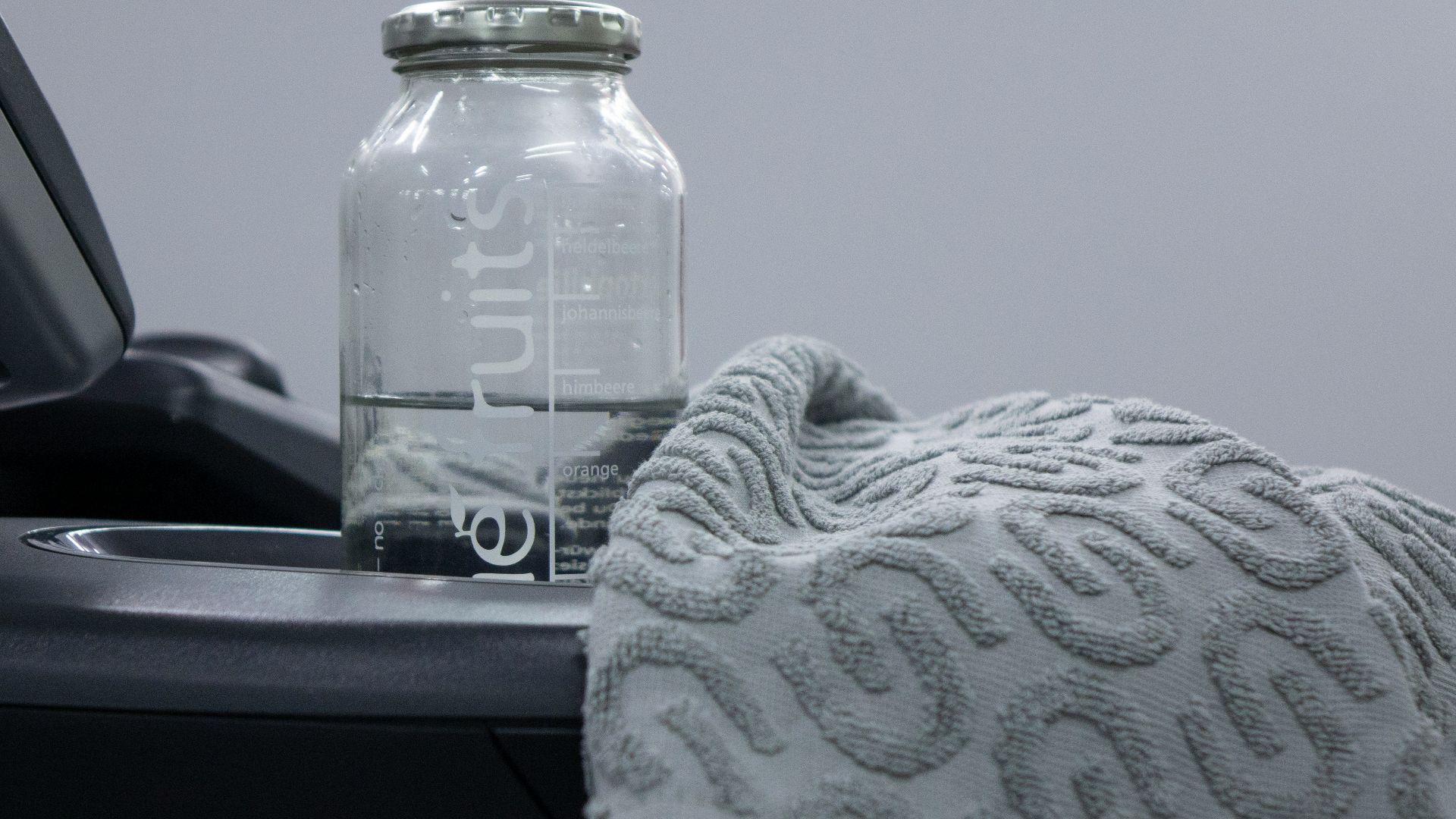20 Ways to Combat Age-Related Fatigue & Boost Your Energy Levels
Feeling Your Age?
It's normal not to feel as spry in your later years as you did in your 20s. However, that doesn't mean you have to accept constant fatigue. Age-related changes in sleep, hormones, and metabolism can play a role in your energy levels, but simple lifestyle changes can make a massive difference. Here are 20 ways to combat fatigue, boost your energy, and feel your best.
1. Follow A Balanced Diet
The first step to increasing your energy level is to fuel your body correctly. Giving your body the right mix of nutrients, like protein and complex carbs, provides you with a steady stream of energy.
2. Increase Protein Intake
Because protein takes longer for your body to digest, it provides longer-lasting energy than simple carbs. It also supports strong muscles and bones, which prevents your body from getting tired easily from physical activity.
3. Stay Hydrated
Drinking plenty of water is the simplest way to keep your energy levels up. Water transports nutrients and oxygen to your cells, giving them power.
4. Eat Foods Rich In Antioxidants
Antioxidants keep your energy levels up by protecting your cells from damage. They fight oxidative stress, inflammation, and support recovery.
5. Have Smaller, More Frequent Meals
Having smaller, more frequent meals helps prevent blood sugar spikes and crashes and provides your body with consistent fuel. It also prevents you from overeating, which can cause you to feel sluggish.
6. Exercise
Exercise gives you energy by getting your heart pumping, boosting circulation, and oxygen flow. It also makes your muscles, lungs, heart, and bones stronger over time, boosting your stamina.
7. Limit Refined Carbs
Refined carbs and sugar give your body a quick hit of energy, but they'll only leave you feeling crashed. Swapping them for complex carbs will give you a steadier supply of energy.
8. Get More Sunlight
Sunlight is crucial for vitamin D production, which gives you energy and supports your muscles. It also signals to your body that it's time to be awake, making you feel more alert.
9. Prioritize Sleep
Sleep is when your body gets to recharge. It's the most important thing for restoring your energy, so make sure you're getting enough quality sleep.
10. Limit Alcohol
In the moment, alcohol might give you a buzz; however, it leaves you feeling sluggish. It dehydrates your body, interrupts your sleep, and can interfere with nutrient absorption.
11. Limit Caffeine
One more cup of coffee can feel like a quick pick-me-up, but when you have too much of it, it can actually have the opposite effect. Excess caffeine can increase the stress hormone cortisol, disrupt your sleep, and, once the initial effects wear off, leave you feeling more tired than before.
12. Manage Stress
Stress triggers your body's exhausting fight-or-flight response. It interferes with nutrient absorption, hindering your body's ability to produce energy. Incorporate stress-reducing activities like meditation.
13. Move More
Moving might feel like the last thing you want to do when you're tired, but physical activity actually gives your body a big boost of energy. Moving your body goes beyond your exercise routine; try to get short, frequent bursts throughout the day, whether it's walking up the stairs or doing small tasks around the house.
14. Lose Weight
Losing weight can improve your energy because carrying around excess pounds is exhausting. It also improves sleep quality and reduces the work your heart and muscles need to do.
15. Try Talk Therapy
Did you know your low energy may be caused by your mood? Talk therapy has been shown to improve energy levels by reducing stress and anxiety.
16. Engage In Hobbies
We're generally more energetic when we're spending time on things we enjoy. Hobbies reduce stress, provide mental stimulation, and many of them involve physical activity, which gets your heart pumping.
 Sébastien Bourguet on Unsplash
Sébastien Bourguet on Unsplash
17. Try B Vitamin Supplements
B vitamins are crucial for converting food into energy. They help make red blood cells, which carry oxygen to your brain and muscles. Older adults don't absorb B vitamins from food as effectively, so consider supplements if you're over 50.
18. Get Enough Magnesium
Magnesium plays a key role in the production of ATP, the molecule your cells use for energy. It also helps regulate stress and improve sleep.
19. Spend Time In Nature
Being in nature improves your energy by decreasing your stress levels and boosting your mood. It also encourages physical activity and improves sleep.
20. Consult A Doctor
If you find your fatigue is unnaturally high or doesn't go away with lifestyle changes, you may want to consider consulting a doctor. They can help find the source of your low energy and rule out any potential underlying diseases.



























